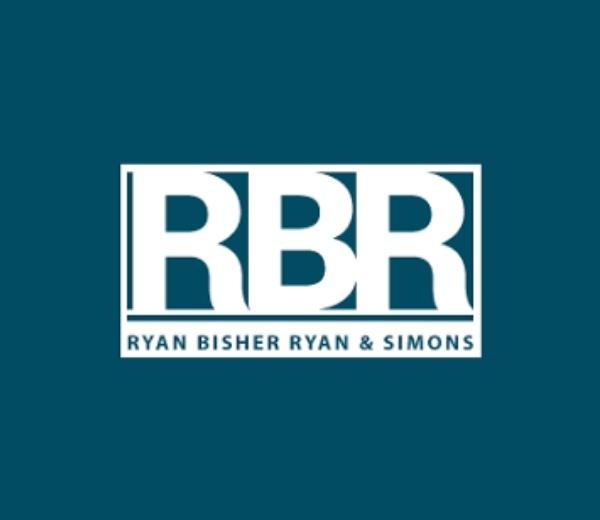
Many of us share almost every aspect of our lives on social media. Although social media allows us to stay connected with friends, family, and others, this practice can also be harmful if you are pursuing a personal injury case.
Anything you put out on the internet could be found and used against you by the other party. Social media posts can easily be taken out of context and twisted.
In general, it is best to avoid posting anything – even content you think is innocent and entirely irrelevant to your situation.
Posting on social media can have negative repercussions on your personal injury claim in some of the 5 following ways.
-
Contradicting Your Own Testimony
You may use social media to communicate with close family and friends, including confiding in them about your accident and injury. However, you may end up saying something to a family member or friend on social media that could be interpreted to contradict your allegations, statements, or testimony in your personal injury case.
Avoid talking about your accident, injuries, or case to anyone on social media. Ask your family, friends, and connections to refrain from talking about your case as well.
-
Revealing What You Are Able to Do
If you claim to have suffered certain injuries, posting photos or videos of yourself on social media may harm your claim. For example, if you claim to have suffered a soft-tissue injury in your knee or ankle but then post photos of yourself playing basketball, the insurance company or defense attorney may point to that photo as evidence that you either weren’t as seriously injured as you claim or that you have recovered from your injury.
-
Adding or Interacting with People on Social Media You Don’t Know
When you are pursuing a personal injury claim, you should avoid connecting with people you do not know. Although you may enjoy connecting with new people online, some of the people who send you connection requests after filing may, in fact, be investigators hired by the insurance company or defense attorneys to look for evidence in your social media profile to use against you in your case.
-
Are Your Profiles Private or Public?
If you don’t want to cease all social media activity during your personal injury claim, especially if you use social media to keep in touch with family and friends, you should consider changing the privacy settings on your social media profiles to limit strangers and others who are not connected with you on social media platforms from viewing your profile and social media posts.
If possible, also try to limit your connections from resharing your posts, photos, and videos. Of course, you should also remember that even a private social media post or message may be subpoenaed and recovered by the other side in your personal injury case.
-
What a Harmful Post Might Look Like on Facebook, Twitter, Instagram, TikTok, or Snapchat
Examples of potentially harmful posts that you might make on social media platforms like Facebook, Twitter, Instagram, Snapchat, or TikTok include:
- Posts talking about what happened in the accident
- Posts that disparage or talk negatively about the defendant or insurance company in your case
- Posts talking about developments in your legal case
- Photos or videos of you being active or traveling if you claimed to have suffered injuries that limit your daily activities
You should avoid making posts like this, and make sure that your friends and family do not tag you in these kinds of posts as well.
Hurt in Oklahoma? Call Us for Help
The experienced personal injury attorneys at Ryan Bisher Ryan & Simons can help you navigate every step of your personal injury claim, including how to manage your social media exposure.
Our firm was founded in 1984 with the purpose of providing clients with personalized, one-on-one attention that clients need and deserve. If you have any questions about your case, don’t hesitate to call our Oklahoma City personal injury lawyers today for a free consultation.


